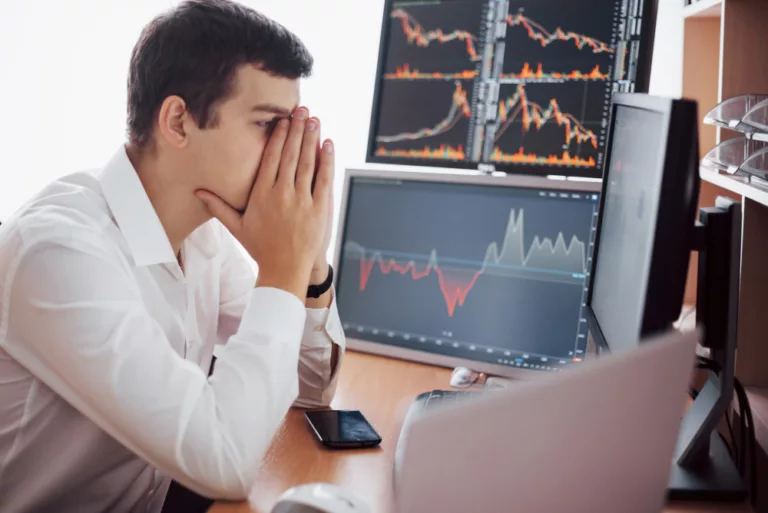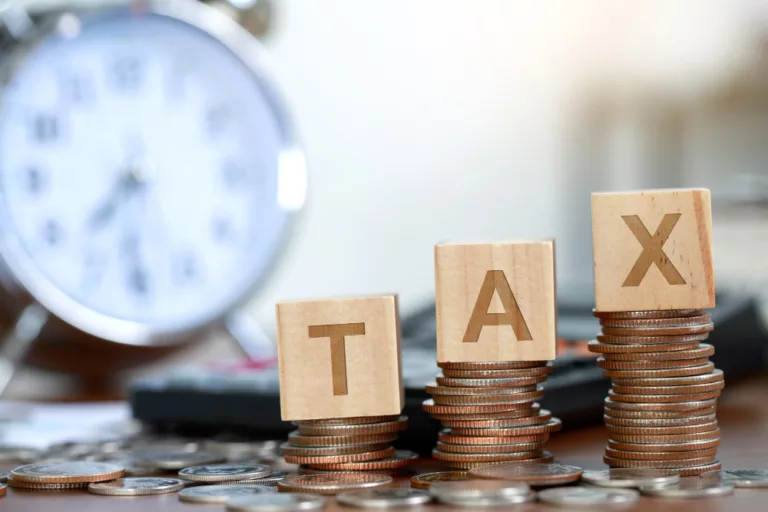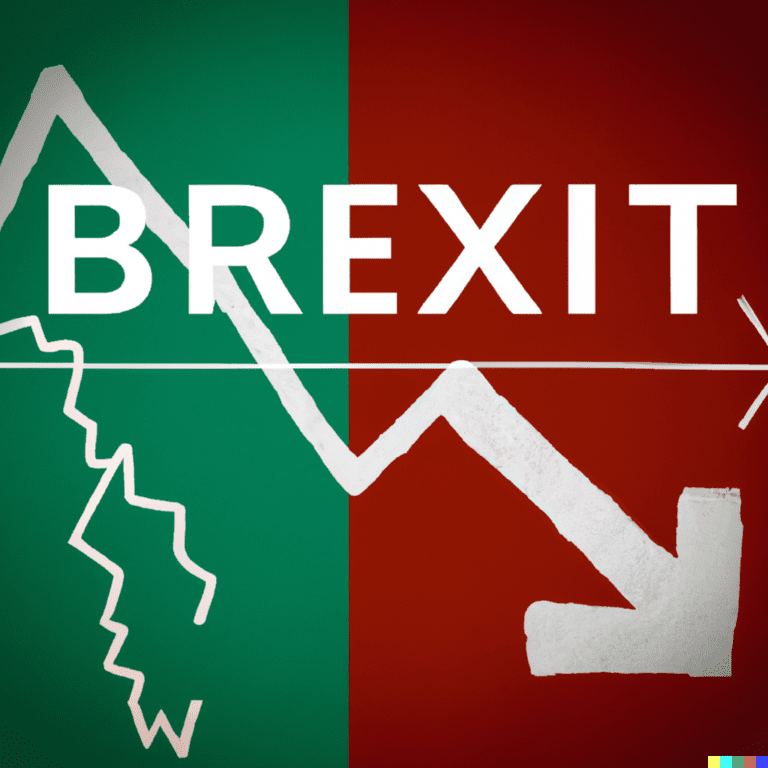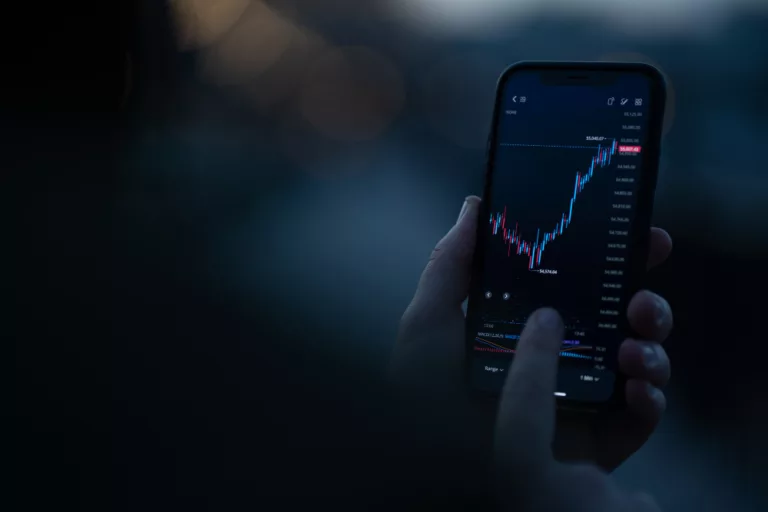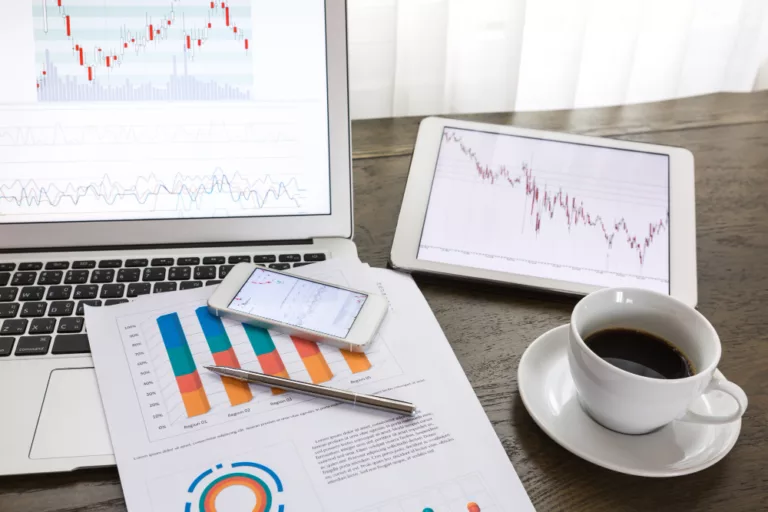Is Forex A Scam?
The question “Is forex a scam?” is a common inquiry among newcomers to the trading world. With its widespread popularity and accessibility, forex trading has attracted diverse participants, from individual retail traders to large institutions. However, this popularity has also led to misconceptions and concerns about its legitimacy. This article aims to delve into the nature of forex trading, examining both its legitimate aspects and the risks involved.
Understanding Forex Trading
Forex, an abbreviation for foreign exchange, involves trading currencies internationally. As one of the largest financial markets globally, forex boasts an immense daily trading volume, offering numerous opportunities for traders. The market operates 24 hours a day, five days a week, allowing for continuous trading across different time zones. Traders profit by speculating on the changing values of various currency pairs, such as the EUR/USD or USD/JPY.
The Perception of Forex as a Scam
The view of forex as a scam often originates from several sources:
- Misleading Marketing: Some entities in the forex market engage in aggressive marketing tactics, promising high returns with little risk. These unrealistic promises can create false expectations among new traders.
- High Risk: The forex market is inherently volatile, with fluctuating currency values. This volatility, while providing profit opportunities, also carries a significant risk of loss, especially for those who are unprepared or inexperienced.
- Fraudulent Brokers: The presence of unscrupulous brokers and fraudulent schemes has unfortunately tainted the reputation of the forex market. These brokers may offer manipulative trading conditions or fail to provide adequate financial security for their clients.
Legitimacy of Forex Trading
Despite these concerns, forex trading is a legitimate financial activity when conducted through the right channels:
- Regulated Market: Legitimate forex trading is facilitated by brokers and platforms regulated by reputable financial authorities. These regulations ensure transparency, fairness, and security for traders.
- Global Participation: The forex market sees participation from various entities, including central banks, financial institutions, multinational corporations, and individual retail traders, underscoring its legitimacy as a global financial market.
- Skill and Strategy: Successful forex trading requires a deep understanding of market dynamics, economic indicators, and geopolitical events. It also necessitates a well-developed trading strategy and disciplined risk management.
Risks and Misconceptions
While forex trading is not a scam, it is not without risks:
- Market Volatility: Rapid and significant changes in currency values can result in equally swift profits or losses. Traders must be prepared to manage this volatility effectively.
- Leverage: Forex trading often involves the use of leverage, which allows traders to control large positions with a relatively small amount of capital. However, improper use of leverage can lead to substantial losses, exceeding the initial investment.
- Educational Gap: One of the biggest challenges in forex trading is the learning curve. New traders must invest time in education and practice to develop the skills necessary for successful trading.
Safeguarding Against Scams
To navigate the forex market safely, traders should:
- Use Regulated Brokers: Choose brokers regulated by recognized financial authorities to ensure a secure trading environment.
- Educate Yourself: Dedicate time to learning about forex market principles, analysis techniques, and effective trading strategies.
Forex trading is a legitimate form of investment, offering opportunities for profit in the dynamic world of currency exchange. However, it requires a careful approach, encompassing education, risk management, and a critical assessment of marketing claims. By understanding both the potential and the pitfalls of forex trading, traders can better position themselves for success in this challenging yet rewarding market.


